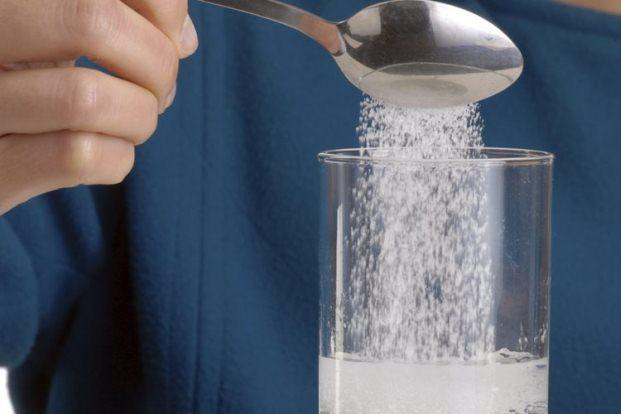Have you ever asked how our bodies contain a complex fluid balance? Water is essential for human survival because it is used in many biological procedures. Dehydration, a disorder marked by inadequate water input or excessive fluid loss, can have a hostile impact on our health. Fortunately, medical improvement has produced a type of dehydration treatment that can aid in filling the body’s water levels. This post will explain the method of dehydration treatments in plain English, inspiring their necessity and procedure of action.
What Are The Benefits of Staying Hydrated?
It is critical to comprehend the need for water before beginning dehydration therapies. Maintaining body temperature, moving nutrients, lubricating joints, and getting rid of waste all include water. Our bodies evolve dehydrated when we do not drink sufficient water or when we lose a lot of liquids through vomiting, sweating, or diarrhea. In serious circumstances, this might provide some outcomes in symptoms, including lightheadedness, dry mouth, weariness, and some organ failure.

How Does Oral Intake help In Rehydration?
Rehydration is usually possible in mild to severe episodes of dehydration by oral ingestion. Typically, the best sports drink for hydration, such as oral rehydration solutions (ORS) or drinking water, is used as the initial line of treatment. ORS is a liquid and electrolyte replacement solution of water, salt, and sugar. It works particularly well in cases of dehydration brought on by vomiting or diarrhea.
Drinking water consistently and gradually is crucial during healing to prevent the digestive system from being overburdened. Drinking ORS or tiny amounts of water daily helps the body absorb the fluids more efficiently, speeding up rehydration. It is also suggested to avoid alcoholic and caffeinated beverages because they exacerbate dehydration.
What To Do In Severe Dehydration?
Intravenous (IV) fluids may be given in cases of extreme dehydration or when oral rehydration is not feasible. This technique delivers fluids directly into the bloodstream through a needle or catheter placed in a vein. A well-balanced blend of water, salts, and occasionally glucose make up IV fluids in most cases.
Bypassing the digestive system and making the fluids instantly available to the body enables quicker rehydration. Medical practitioners frequently utilize IV fluids in hospital settings and regularly monitor them to maintain the proper balance of fluids and electrolytes.

What Are The Underlying Causes Of Dehydration?
While rehydration is necessary, addressing the root causes of dehydration is just as crucial. Dehydration can occasionally signify a serious illness or be brought on by specific drugs. To avoid recurrent episodes of dehydration, the root cause must be treated.
Additionally, modifying one’s lifestyle and taking preventative steps can significantly impact keeping appropriate hydration. Consuming enough water throughout the day is crucial, especially when exercising or it’s hot outside. Dehydration can be avoided by monitoring fluid intake and modifying it for personal needs.
In Conclusion
Our health and well-being may be seriously impacted by the condition of dehydration. Fortunately, effective dehydration treatment are available to improve hydration levels and reduce the accompanying discomfort. Remember that being hydrated is essential for sustaining good health overall and goes beyond simply soothing your thirst. So be sure to prioritize liquids and get help from a physician if needed. You may enhance your chances of living a better and more joyful life by taking care of the fluid balance in your body.
